Netanyahu's Controversial Budapest Visit: A Defiance of the International Criminal Court
- by Sharon Medley , RNG247
- about 7 months ago
- 119 views
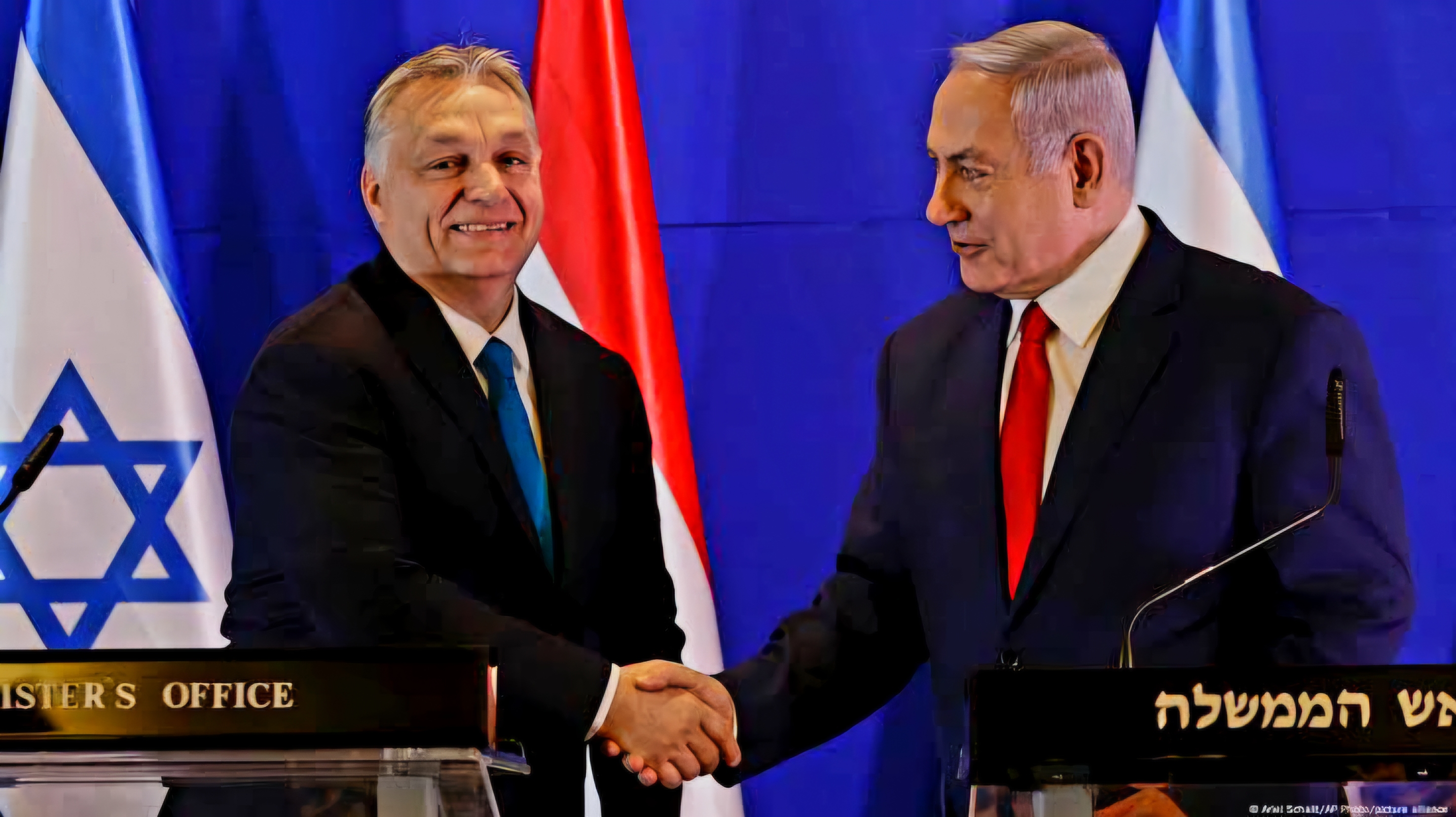
Summary
1. Defiance of International Law : Israeli Prime Minister Benjamin Netanyahu begins a controversial four-day visit to Hungary, ignoring an International Criminal Court (ICC) arrest warrant linked to alleged war crimes in Gaza amid Israel's intense military operations.
2. Political Turmoil at Home : Netanyahu is facing domestic scrutiny over investigations involving his aides' alleged ties to Qatar, which he claims are unfounded and part of a misinformation campaign.
3. Controversial Support from Hungary : Hungarian Prime Minister Viktor Orban openly invites Netanyahu despite Hungary's obligations as an ICC member, mirroring Israel's rejection of the court's legitimacy.
*********************
In a bold move that highlights tensions between international law and national sovereignty, Israeli Prime Minister Benjamin Netanyahu embarked on a four-day visit to Hungary on Thursday, disregarding an International Criminal Court (ICC) arrest warrant related to allegations of war crimes in the Gaza Strip. This visit follows Israel's intensified military campaign against Hamas, which has been met with substantial global condemnation.
As a founding member of the ICC, Hungary is technically obligated to arrest anyone facing an ICC warrant. However, Hungarian Prime Minister Viktor Orban made it unequivocally clear when he extended the invitation to Netanyahu that Hungary would not adhere to the court's ruling. This welcome presents a stark defiance of international judicial authority, echoing Orban's past critiques of foreign oversight in domestic affairs.
Netanyahu's political landscape is tumultuous, as he grapples with investigations regarding potential links between three aides and Qatari officials. The Prime Minister has dismissed these allegations as "fake news," a sentiment echoed by a Qatari official who has described the claims as part of a "smear campaign" against the Gulf nation.
Prepare for Netanyahu's arrival, preparations were underway in Budapest, where a stage was being constructed at Buda Castle for a formal welcome ceremony marked by military honors. Heavy security presence has been noted around Netanyahu's accommodations in central Budapest, underlining the heightened tensions surrounding this high-profile visit.
This marks only the second occasion Netanyahu has traveled internationally since the ICC issued arrest warrants against him and former Defense Minister Yoav Gallant in November. Apart from a visit to a Holocaust memorial, details of his itinerary remain scant. The previous foreign engagement was a meeting with U.S. President Donald Trump in February, highlighting Netanyahu's reliance on allies outside the ICC's membership — neither Israel nor the U.S. recognizes the court's jurisdiction.
The backdrop to Netanyahu's visit is steeped in tragedy and tumult. In the wake of a mass assault by Hamas fighters, resulting in the death of 1,200 Israelis and the capture of 251 hostages, Israel's military campaign has been characterized by heavy bombardments that have led to the deaths of over 50,000 Palestinians and widespread destruction across Gaza. The conflict's escalation has incited global protests and prompted countries like South Africa to initiate proceedings in the International Court of Justice (ICJ) against Israel, accusing it of genocide.
In response to the ICC's actions, Israel has vehemently denied any wrongdoing, asserting that the warrants are politically motivated and reflect deep-seated antisemitism. The Israeli government maintains that the ICC has lost its legitimacy by intervening in the affairs of a democratically elected leader defending national interests.
Orban's invitation to Netanyahu came just a day after the ICC issued the arrest warrant, which has been met with solidarity from the Hungarian government. Orban has condemned the ICC's actions as "brazen, cynical and completely unacceptable," standing firmly with Israel as tensions continue to mount.
As Netanyahu’s military strategies evolve with aspirations to control portions of Gaza for a proposed security buffer zone, the implications of these maneuvers continue to stir debate and dissent globally. The quest to leverage military pressure for the return of hostages continues to reverberate against the backdrop of an increasingly complex geopolitical landscape.
The unfolding developments in Hungary highlight a clash between national alliances and the frameworks of international justice, pointing toward further ramifications in both the Middle East and the global political arena.



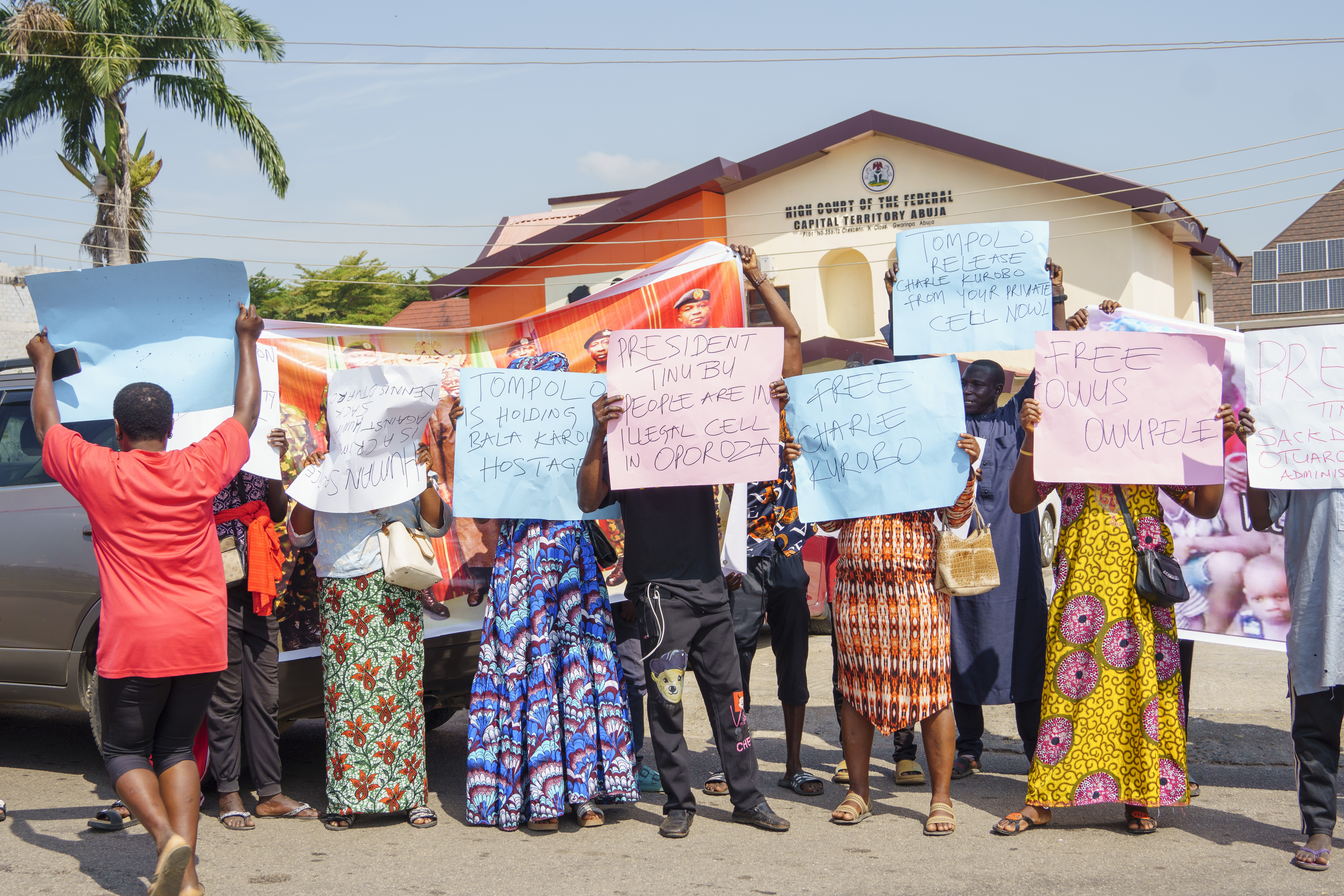
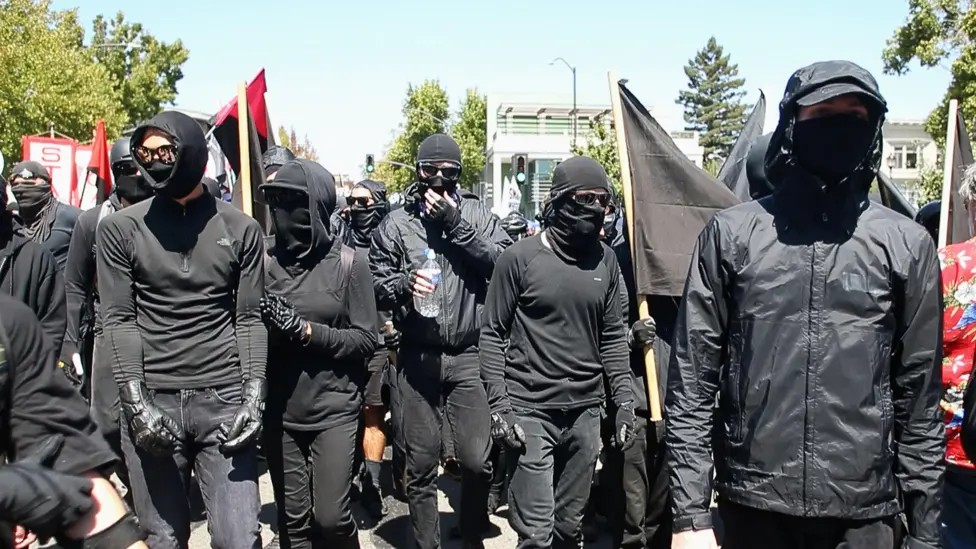
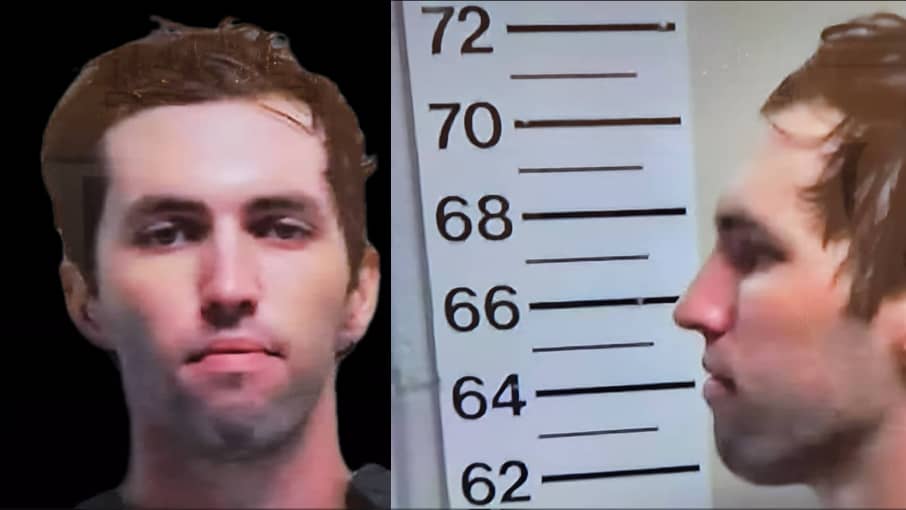
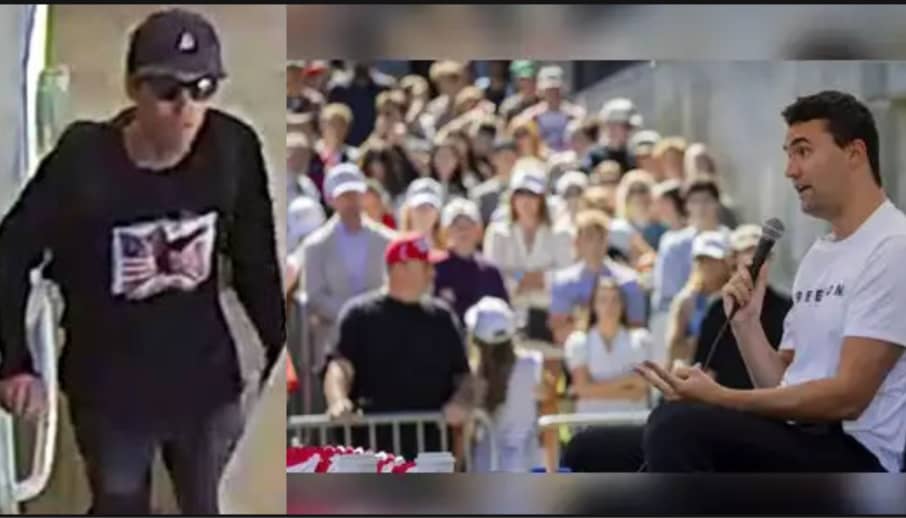
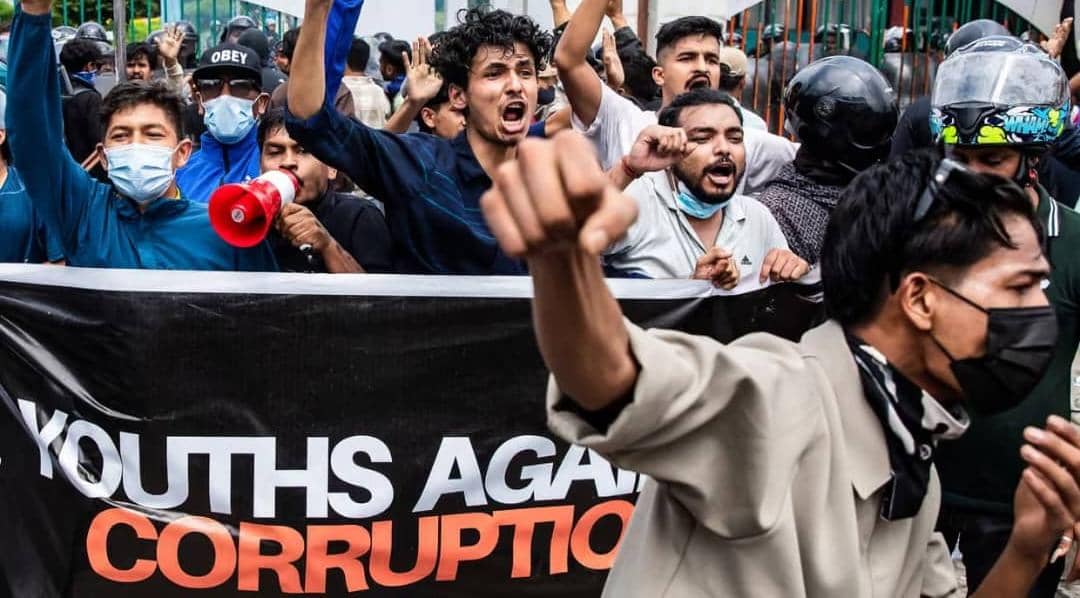
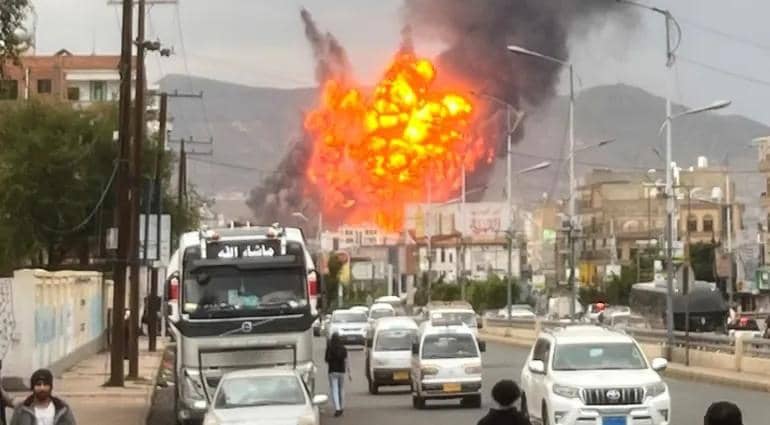

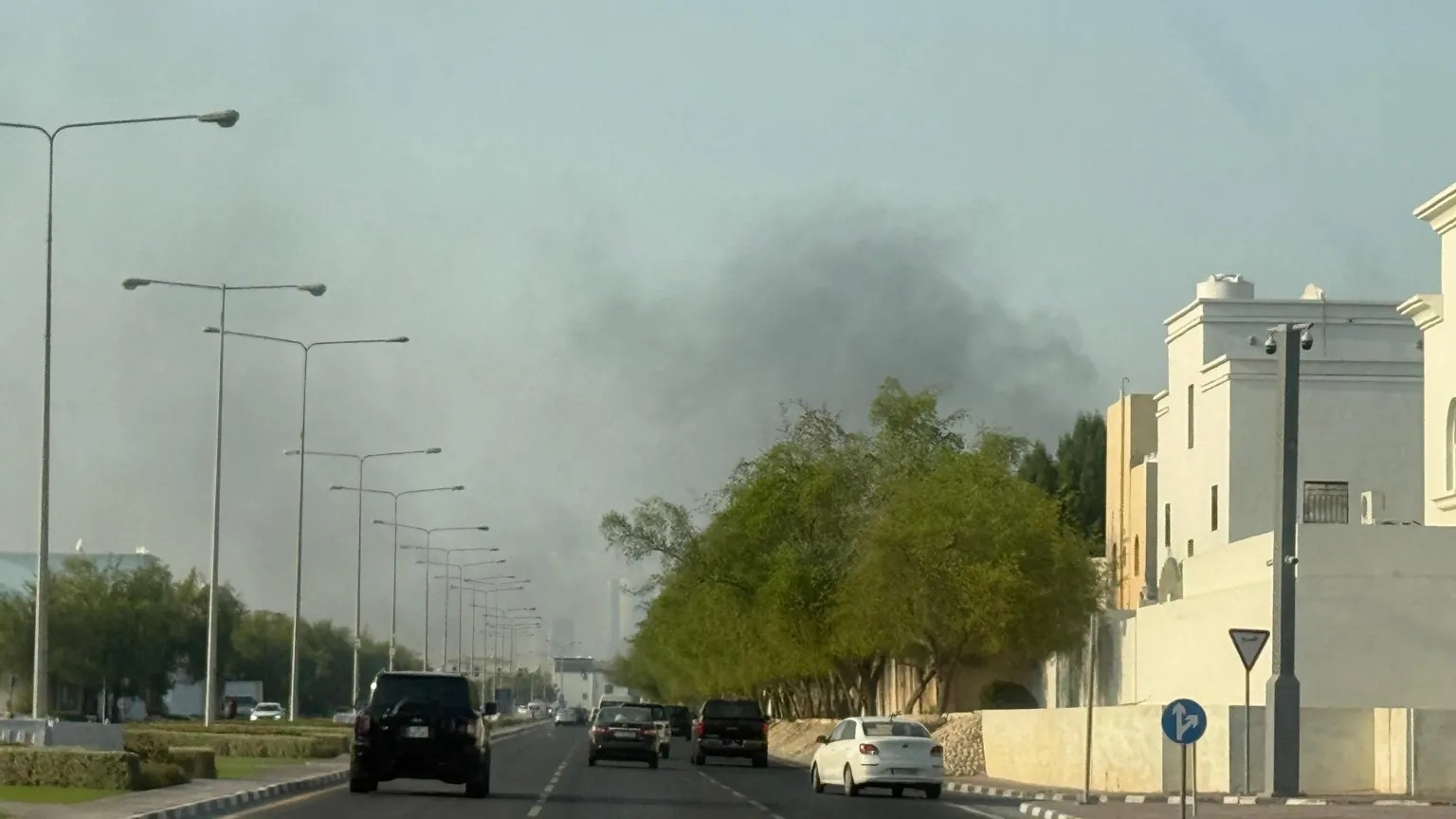

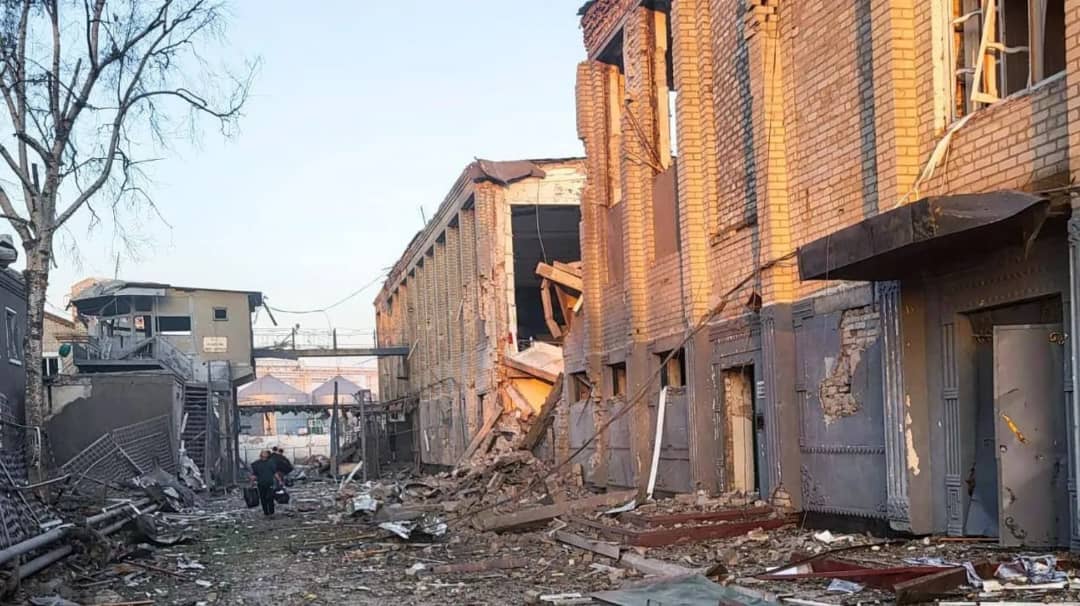
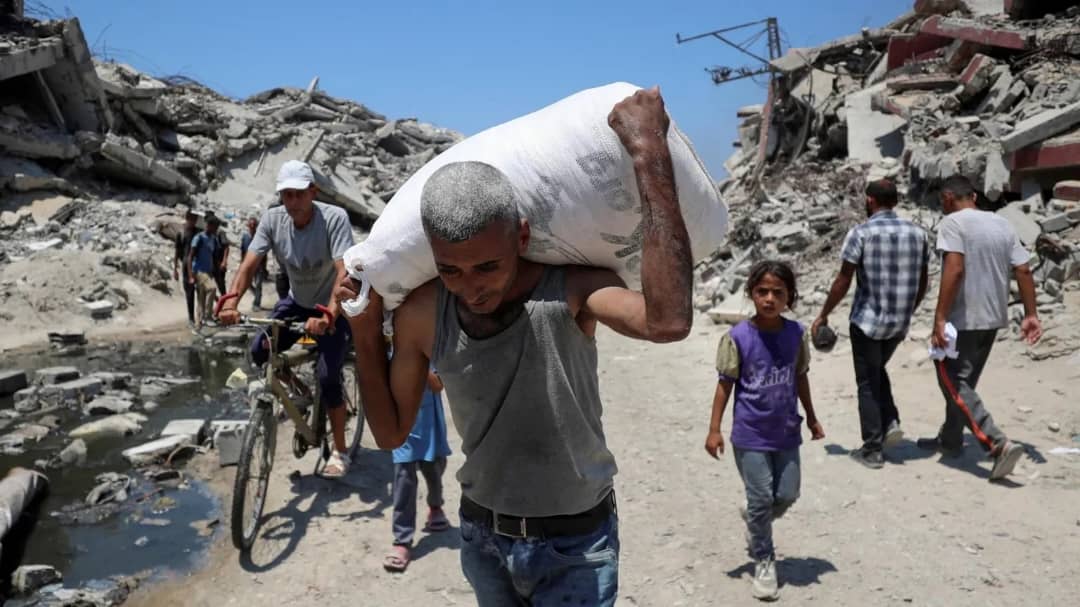
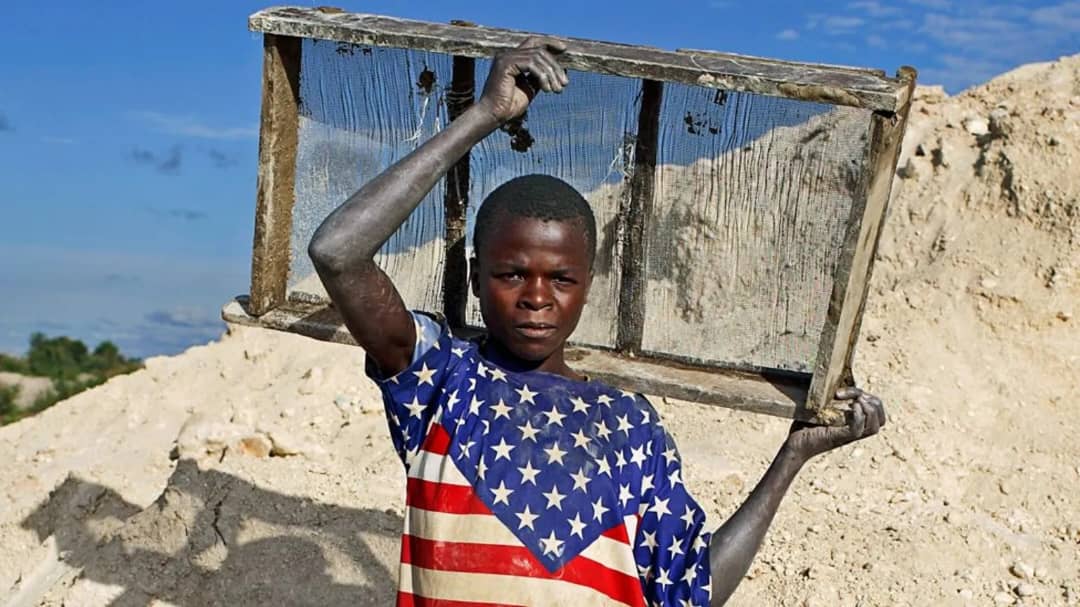

0 Comment(s)